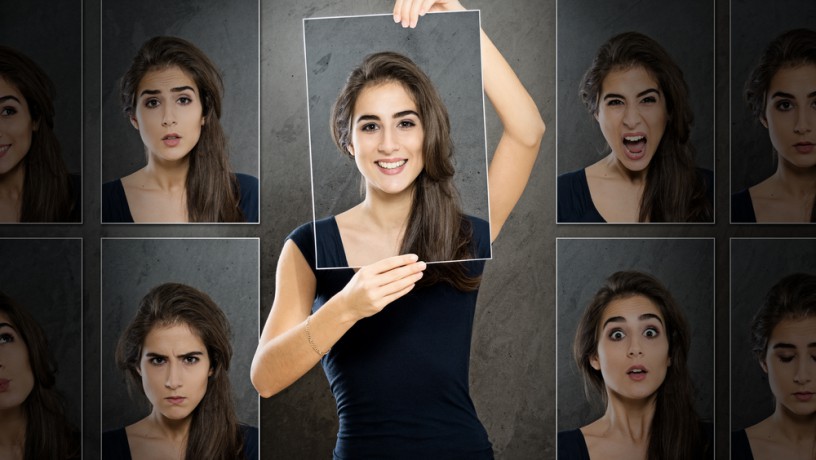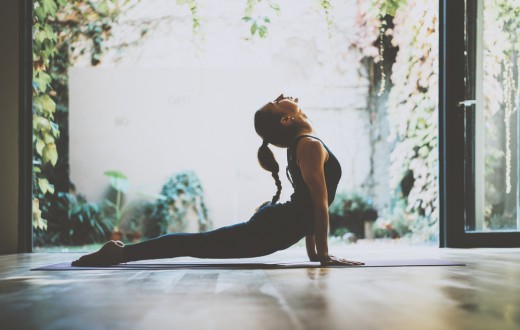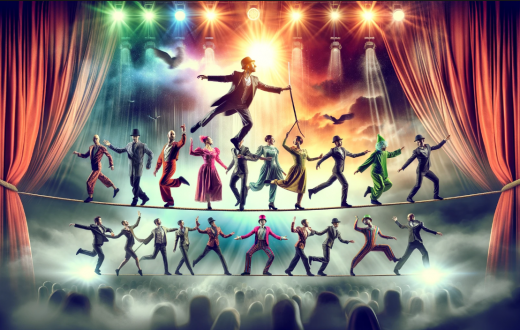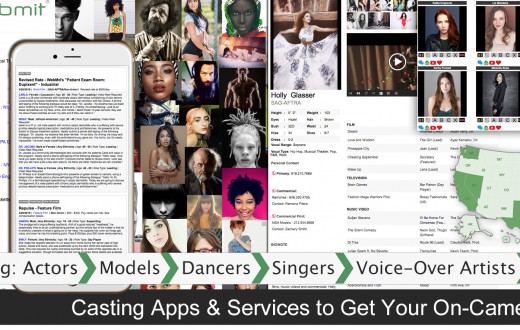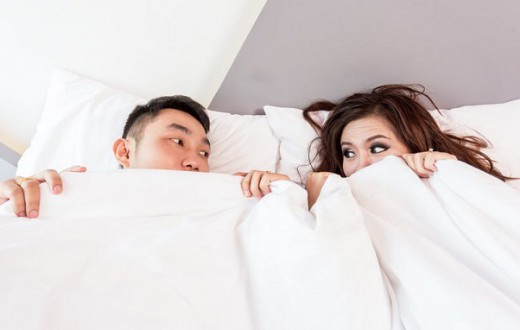Typically, the way we think of actors is as loud, outgoing, fully extroverted people. And of course there’s some truth to that–if you’ve ever been part of a big dinner with the cast of a musical, you know that getting a word in edgewise is often a matter of raising your volume to professional wrestling announcer levels.
But for every actor that conducts his entire life along the T.J. Miller model–always on, always performing, always projecting himself outward into the world and onto the people around him–there is also another type.
For some of us, “being on” is something we do when the camera is on or when the curtain has been raised. But much of the rest of the time we’d be perfectly happy reading a good book or spending an evening at home.
And let’s be clear: people are complicated. Each of us is a muddled mix of all kinds of tendencies and feelings and desires. To say someone is “an introvert” or “an extrovert” is a gross oversimplification and frankly silly. What you see of other people out in the world isn’t necessarily or even likely to be what they’re like behind closed doors.
So if you’re a person with some introverted tendencies, is it even possible to make it in a business that is so dominated by outgoing types? Yes indeed. Here are a few thoughts to keep in mind if you fall somewhere along the more Introverted half of the Myers-Briggs Personality Test.
1. Remember you are not alone
Here’s the thing about that well-trodden stereotype about actors all being outgoing party animals who are running their mouths 24/7: it’s just that, a stereotype. We’re all human beings and we’re all different, and that goes for actors too. Many of your peers may feel the need to appear to be “more on” in social situations–just like you do–so you only see them that way. But you might be surprised at how many of us are perfectly happy spending a quiet night at home when the auditions of the day or the performance is over. Many of us recharge by having quiet time by ourselves, not by socializing. And while this may seem counterintuitive at first, when you think about it, it does make some sense. The necessity for actors to be in touch with their emotions, to be able to access emotional places within ourselves that we’re not necessarily comfortable letting out all the time requires tremendous emotional stamina, and this can be exhausting. So the first thing to keep in mind is that if you feel a little out of place at the stereotypical social events with other actors, don’t get down on yourself or wonder what’s wrong with you or anything like that. The first action to take is to accept yourself for who you are. It’s perfectly acceptable to say your hellos and sign in at an audition and then settle into a corner to read a book or go over your sides while you wait your turn, rather than force yourself to awkwardly engage in the gossip and joking that others actors bring into the waiting room. You’re fine. That self-assurance and confidence in who you are reads to casting directors too. So while we as actors must play our roles when we’re performing, declining to play a part when you’re not in character is actually a strength, not a weakness.
2. Make real connections
So much of the talky talky we more introverted actors observe–and, let’s be honest, are at times envious of–is often of the most shallow and insincere nature. That’s not to say that all conversations had by the more extroverted types fall under this category! Just that a lot of the gabble that we introverts find distracting and off-putting can be dismissed: it’s probably safe to say you’re not missing out on anything terribly deep or emotionally fulfilling most of the time you overhear chatter on set or in the audition waiting room. So for us the fix is to focus on quality not quantity–of words, that is. You still need to seek out connections and a support group and a professional network in the acting community. But if the shotgun approach to socializing doesn’t suit you, make sure your sniper rifle is well-oiled–to continue with that slightly horrifying metaphor–and that you’re using it to pick off the people with whom you feel a genuine connection. Whether it be in a professional sense or in terms of friendships, make sure you put in the effort to follow up: invite people one-on-one for coffee, ask casting directors or other industry professionals with whom you feel a kindred spirit to attend performances you’re in, reach out regularly to other contacts via email or social media–the key is to make sure you maintain your smaller circle and care for it assiduously. Having a few genuine, deep connections is infinitely more fulfilling than having lots of shallow ones, so don’t be afraid to be the person who goes that route.
3. Do what you have to do for yourself
This is probably a no-brainer for most people with introverted tendencies, but the first order of business–especially in the crazy stressful world of acting–is to take care of yourself. If you need down time, take it when appropriate. If you need five minutes of quiet to clear your head when you’re on a break on set or at rehearsals, don’t be afraid to step out of the circle of chatter the other actors are engaged in and go sit quietly somewhere. Sometimes the pressure to “perform” off-stage or off-camera and be that stereotypical outgoing actor can be overwhelming. But you have to be strong enough in knowing what your own needs are to do what you’ve got to do to protect yourself. The way many more modern thinkers talk about the classic and over-simplified tropes of “introverted/extroverted” is in terms of how a person recharges. Some of us refuel and get re-energized from lots of socializing and chatter; some of us recharge by being alone and spending some quiet time without other people around. This doesn’t make you weird; just as some people have brown hair and some have blond hair, it just makes you different from them–and them different from you. There’s no “normal” here. So the bottom line really is to just be yourself. If you are neglecting your need for some alone time because you feel weird about it, and trying to force small talk with the more extroverted crowd at a moment when you’re not really into it, you’re just hurting yourself. And in truth, you’re draining away much needed energy you could be using in your performance or audition!
You do you. Engage with others when you need to, and disengage when you need to. You’ll return after the break recharged with more energy and ability to fully go for it!

